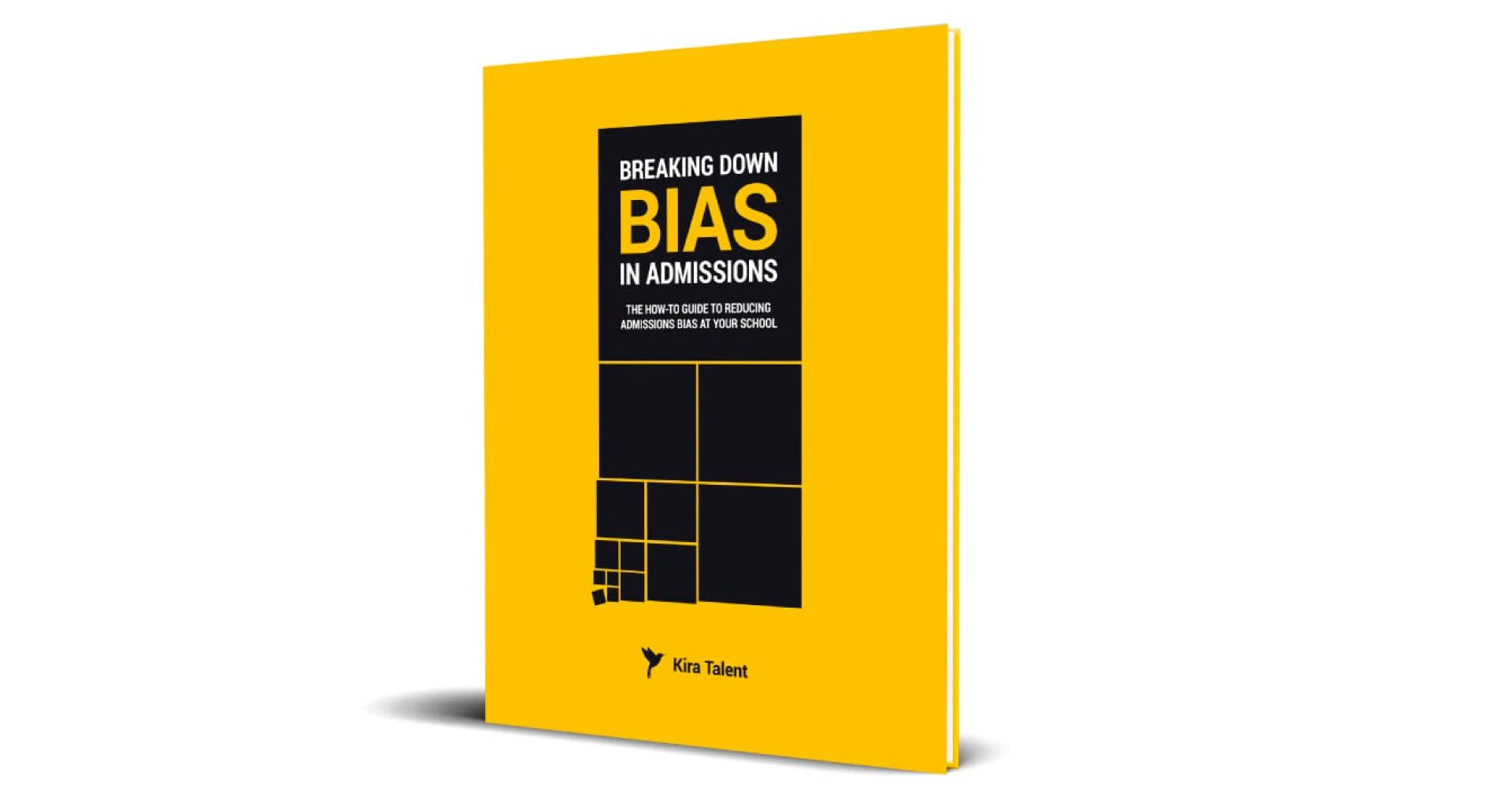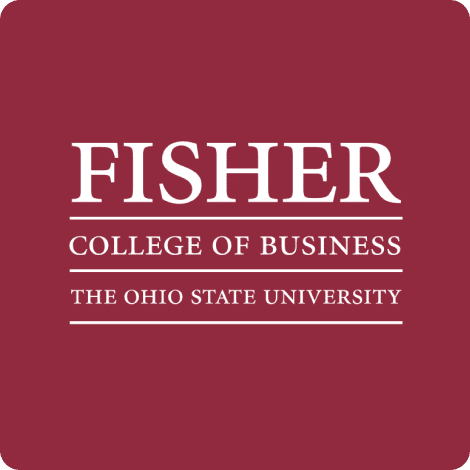Three years ago, the MBA program saw an unprecedented 74 percent bump in applicant volume that has stayed consistent since. Between strategic decisions on the recruitment side and the heightened interest and popularity in Seattle, Foster reaped the benefits and challenges of a significantly larger pool of over 1,000 applicants.
Meanwhile, Foster had just adopted Kira as a new stage in their admissions process to help evaluate applicant fit. With such a significant jump in applicants to consider, the Kira component allowed the MBA team to better screen applicants prior to their real-time admissions interview.
Kira helps manage increased applicant volume
“Kira was timely for us because there was no way we were going to be able to keep interviewing 60-70% of our applicant pool,” said Erin Town, Director of Foster’s Full-time MBA Admissions.
Foster’s usage of Kira has evolved over time. In the beginning, about half of applicants (those who were not as strong on paper) were asked to complete a Kira assessment. Now, as the school enters into their fourth year using the platform, they’ll be asking all of their MBA applicants to answer timed video questions as a required component.
“Kira is helping us interview the right candidates.”
“Someone might look really great on paper but their Kira assessment helps us see their professionalism or communication skills are not what we’re looking for. And at the same time, we can see someone who might be a diamond in the rough.”
Identifying the best applicants for Foster's limited class seats
To maintain a small class size of around 90-125, Town emphasized how important every single student is to shaping the class environment.
After using Kira for three years, she’s observed an increase in leadership abilities and participation across all students, but especially among admitted international students. Town also noted that they’ve admitted fewer students who struggle with language and communication in the classroom. Next year, they’ll be adding questions designed to assess resilience.
“We’ve seen more people prepared to hit the ground running,” she said.
The MBA program has also been able to focus their efforts to become far more efficient in their admissions process. Town and her team went from interviewing up to 65% of applicants “live” (either in-person or via video conference) to closer to 45% of applicants.
“In the past, we might have missed someone we should have interviewed, or we might have interviewed someone who was not prepared. Now, it’s a smaller but more appropriate pool of candidates,” she said.
“We all have only so much time, so Kira helps us focus on what’s most important and what we really care about.”



